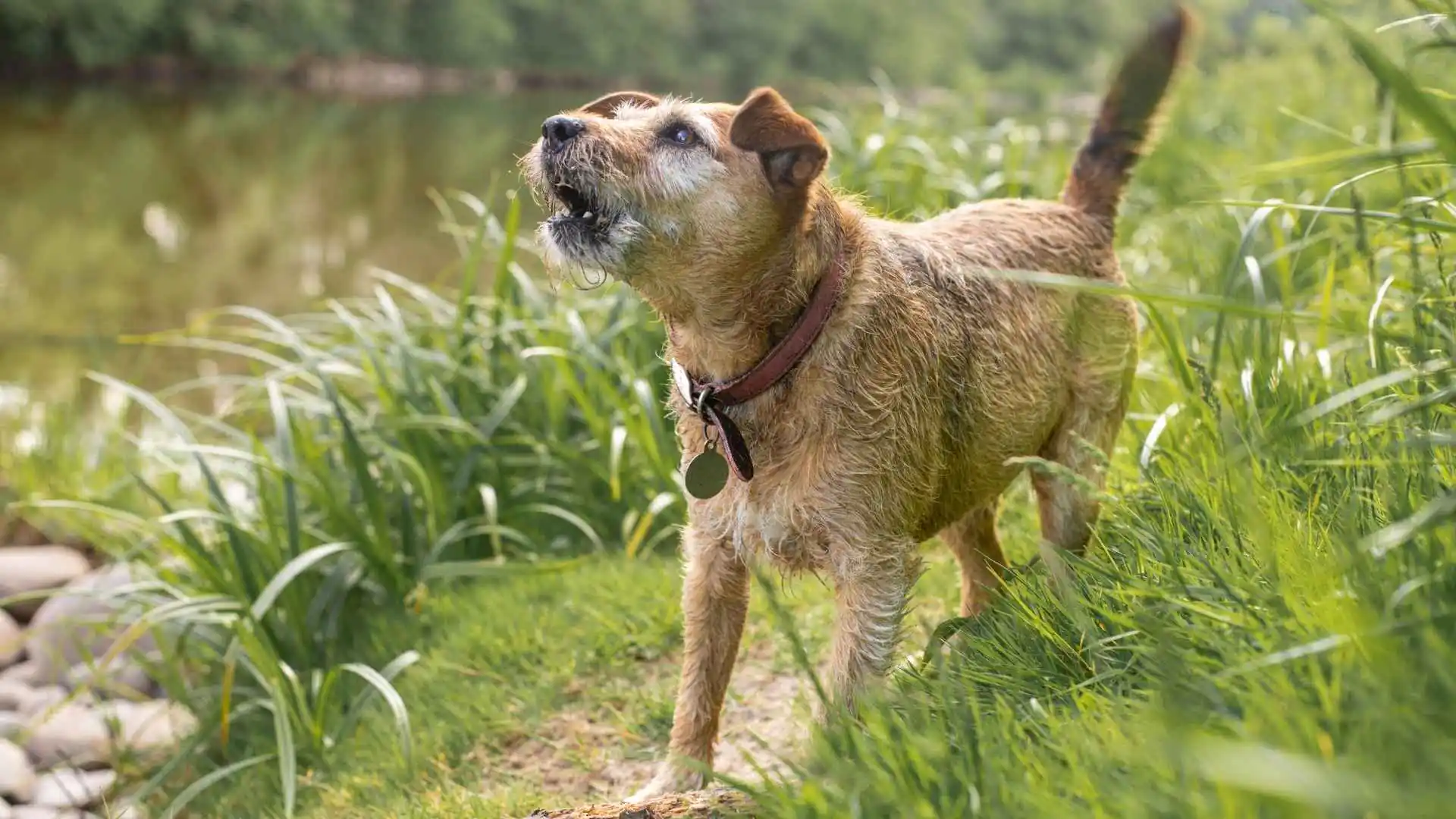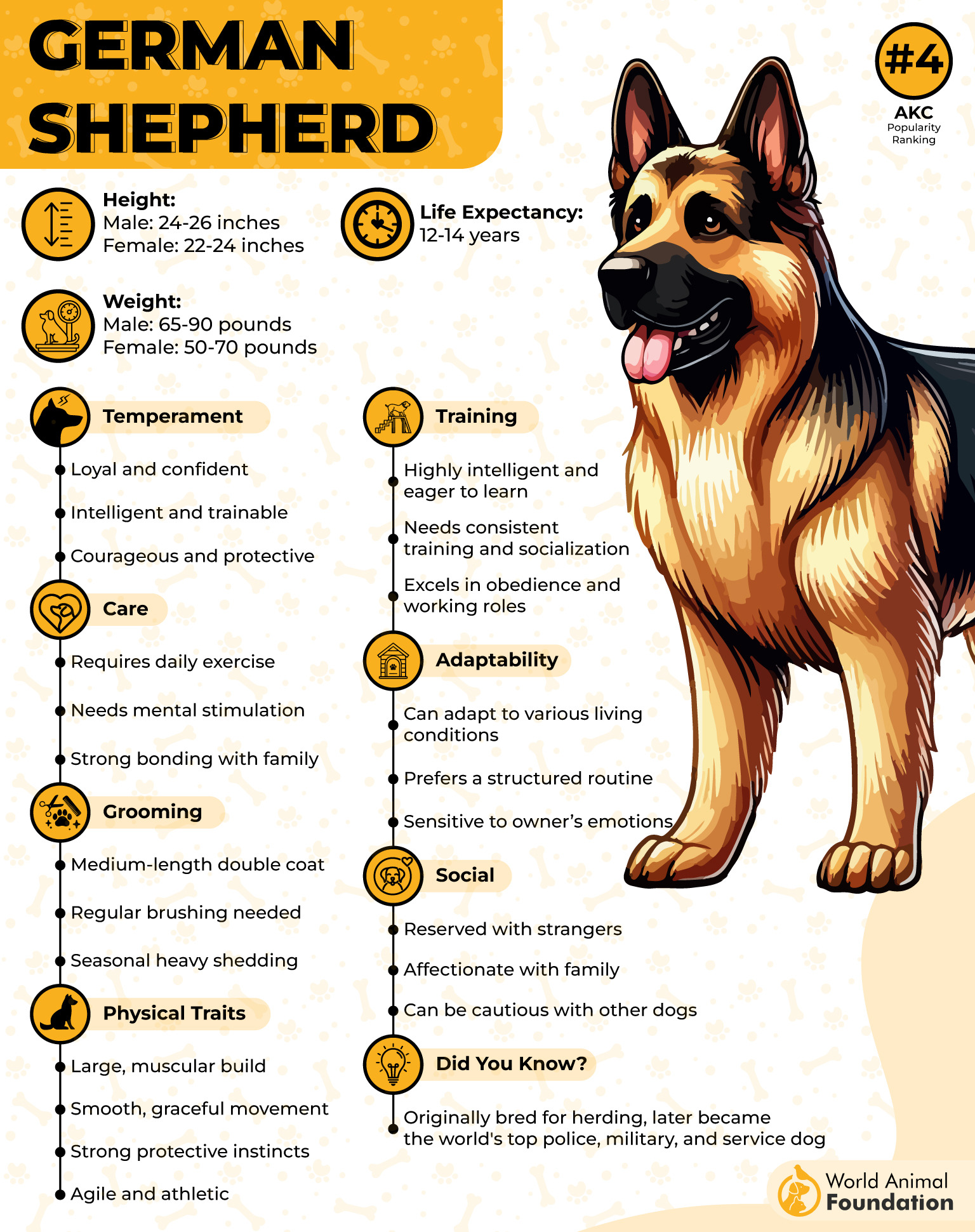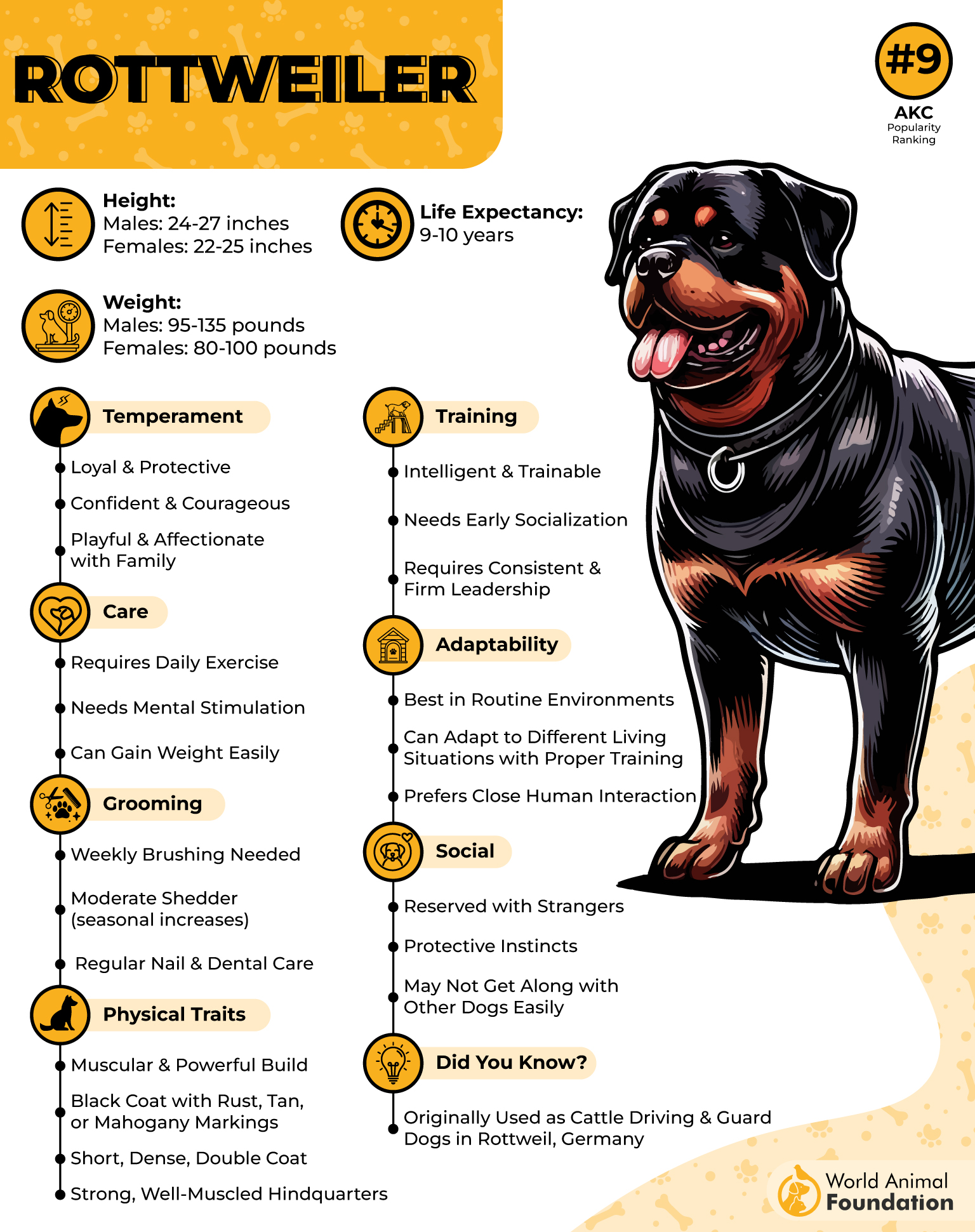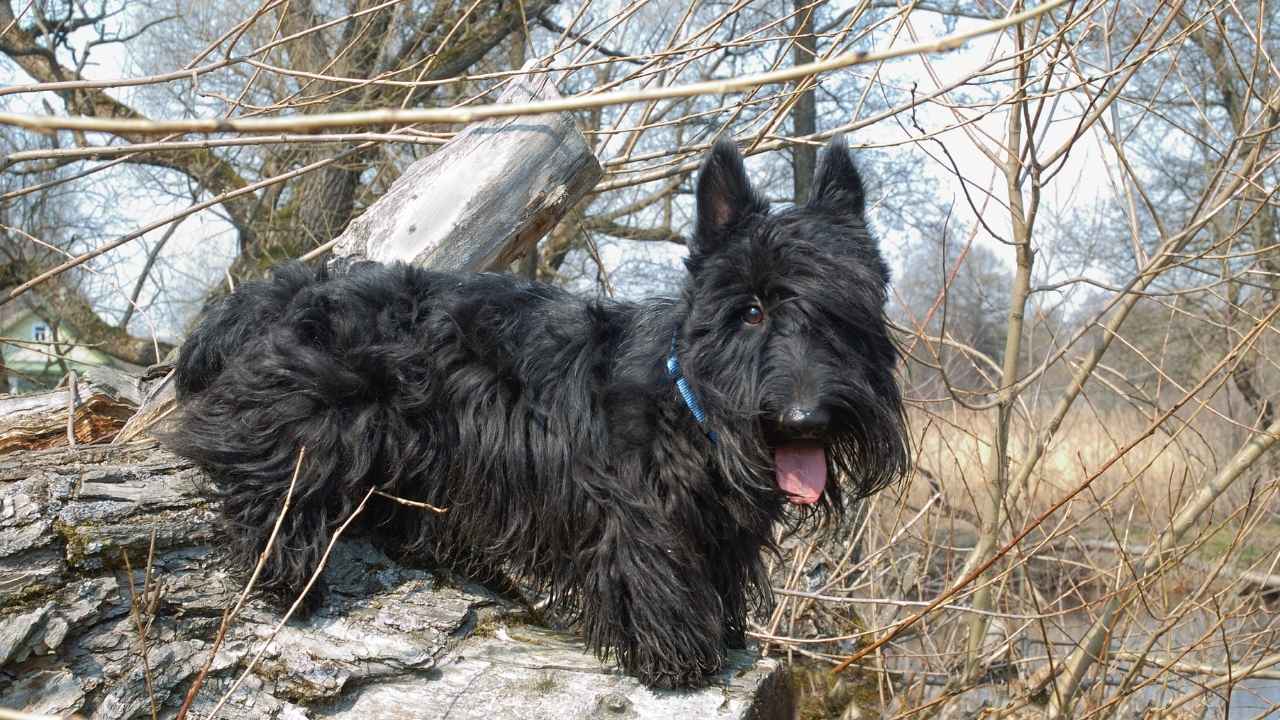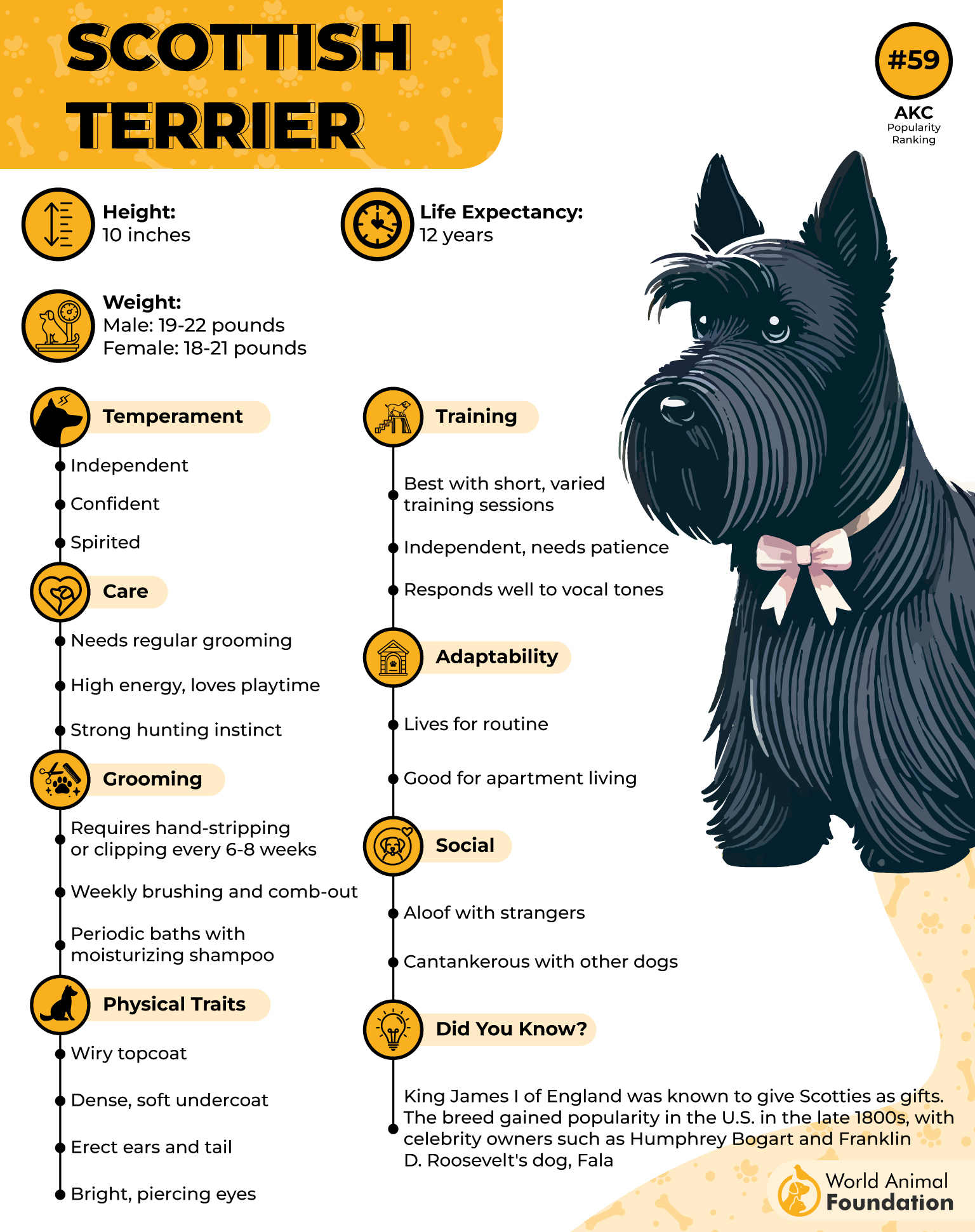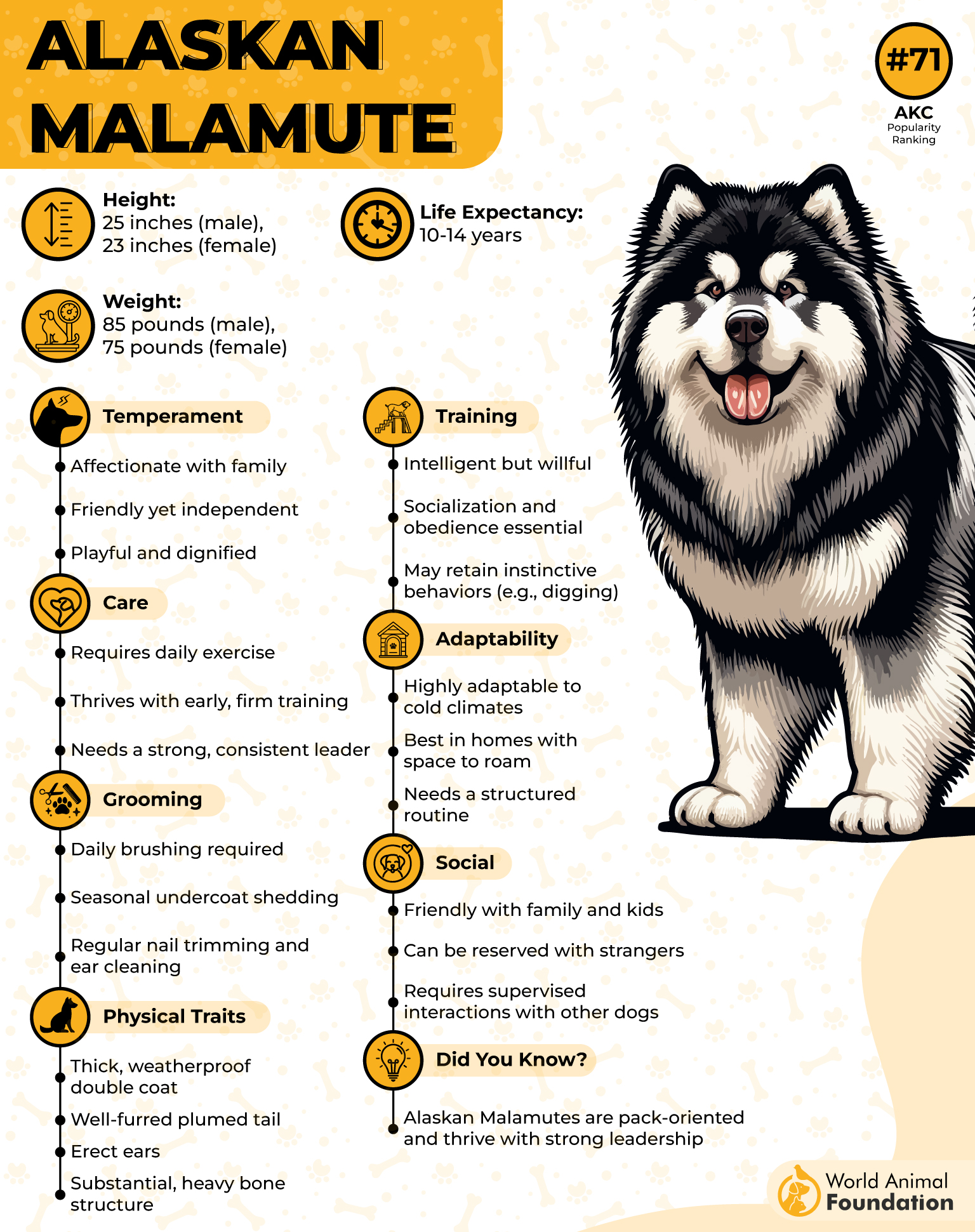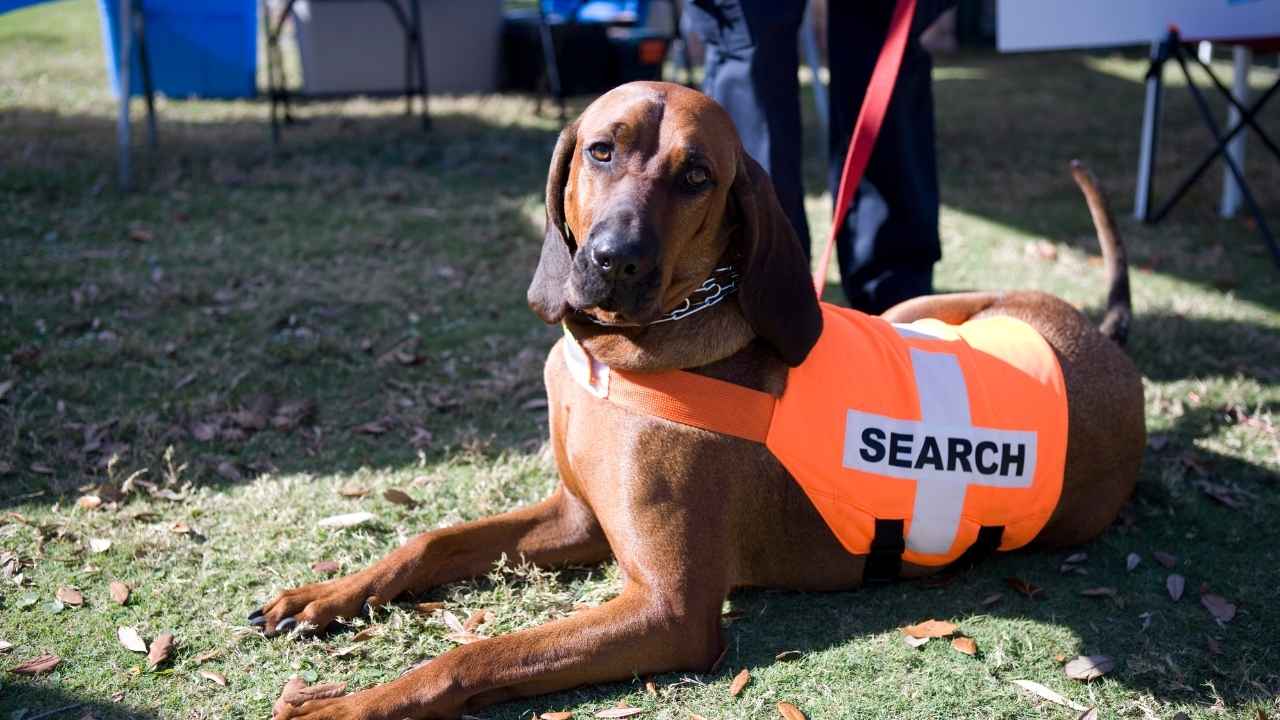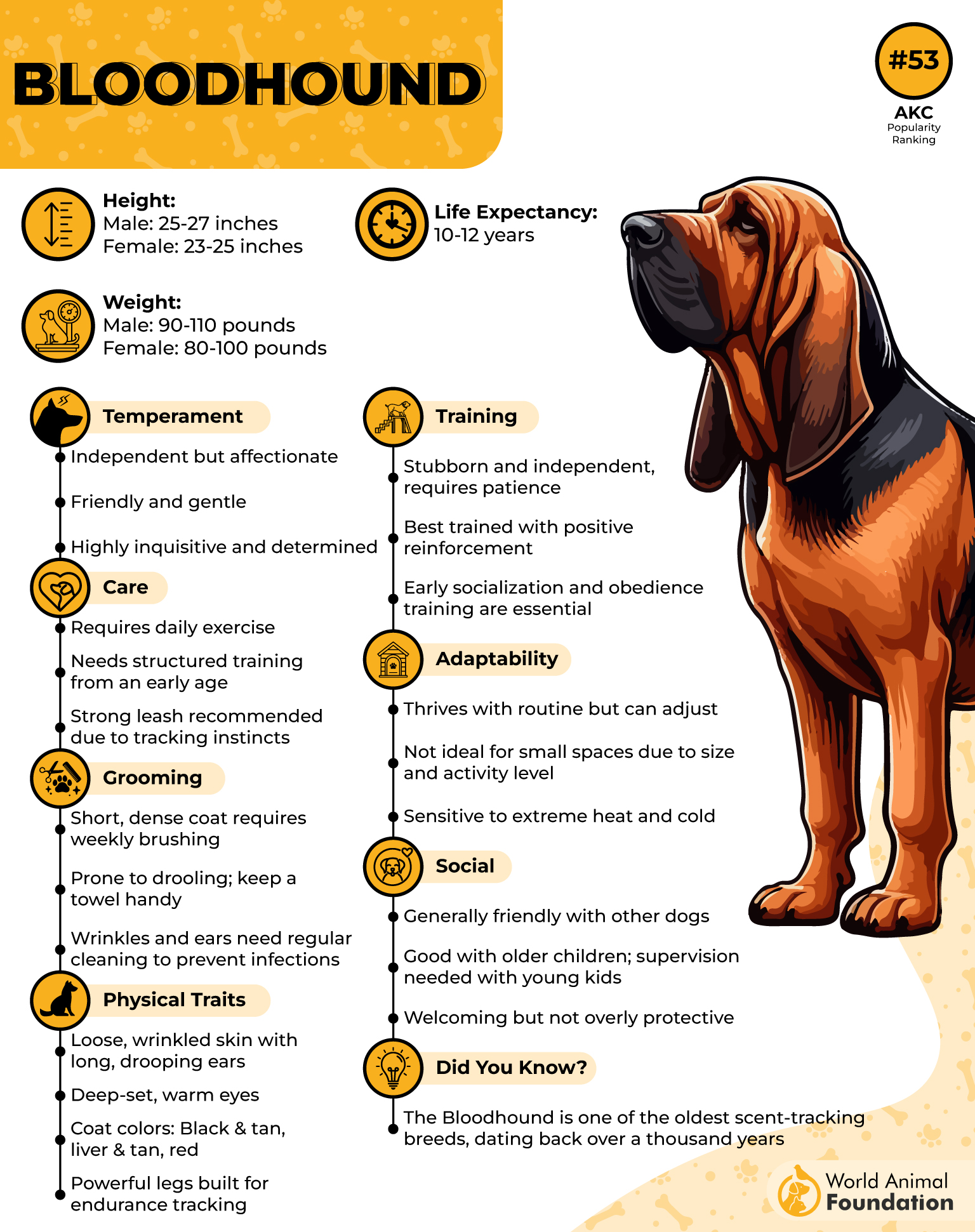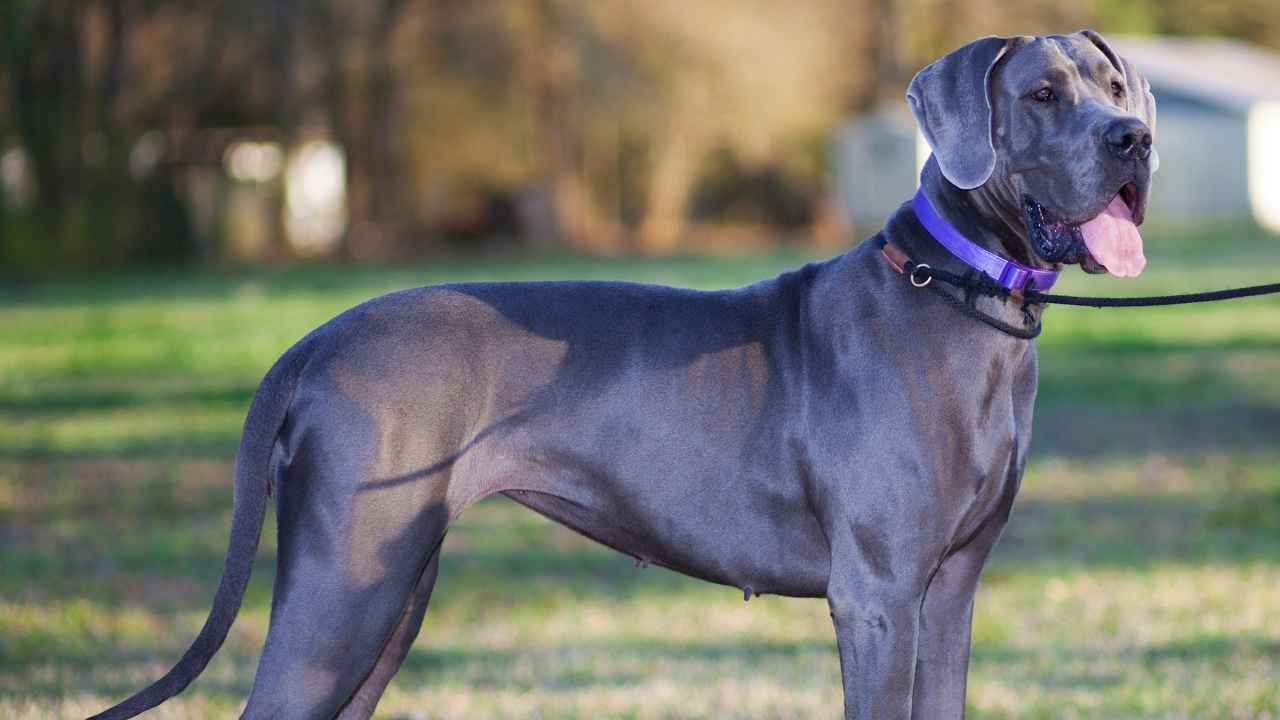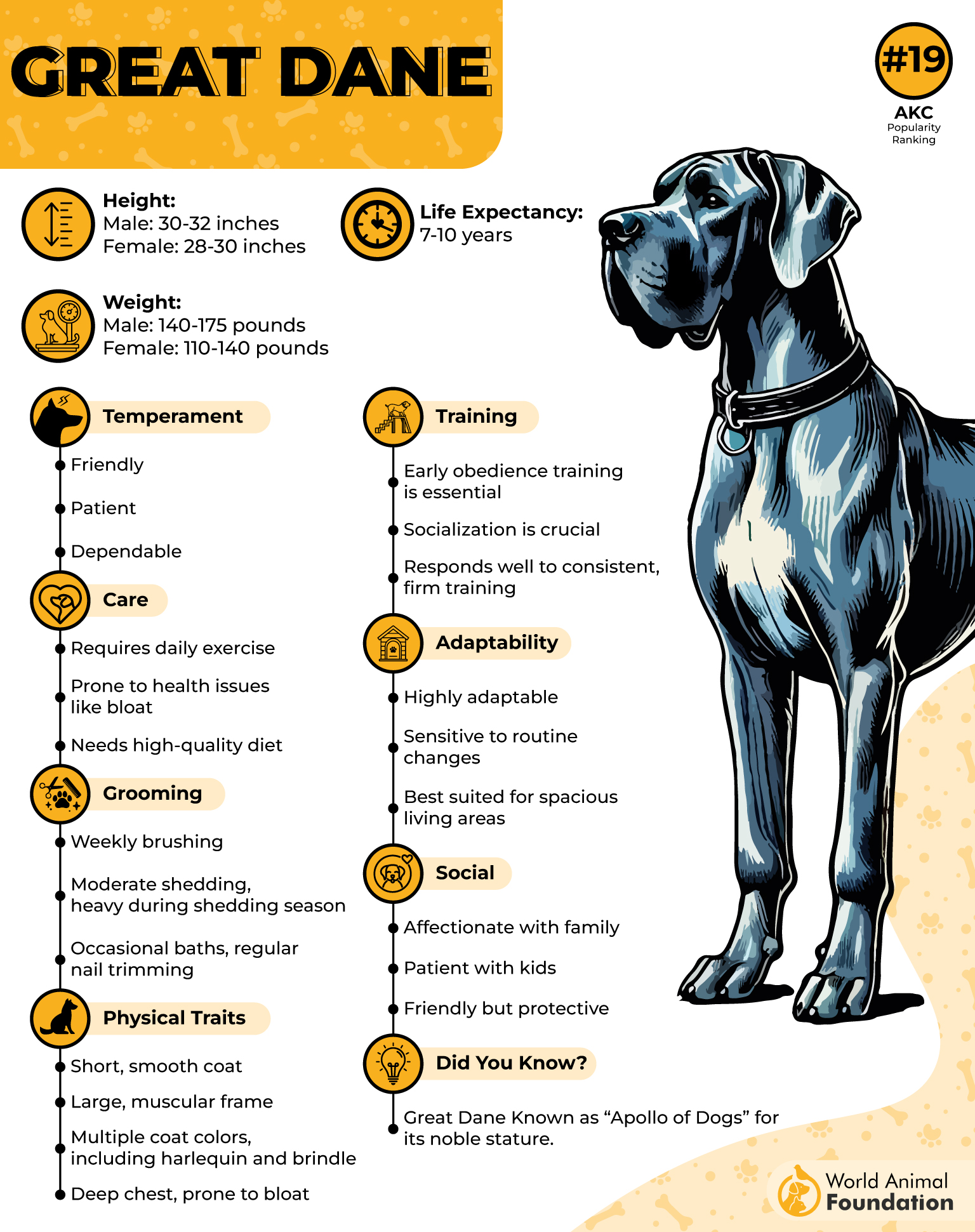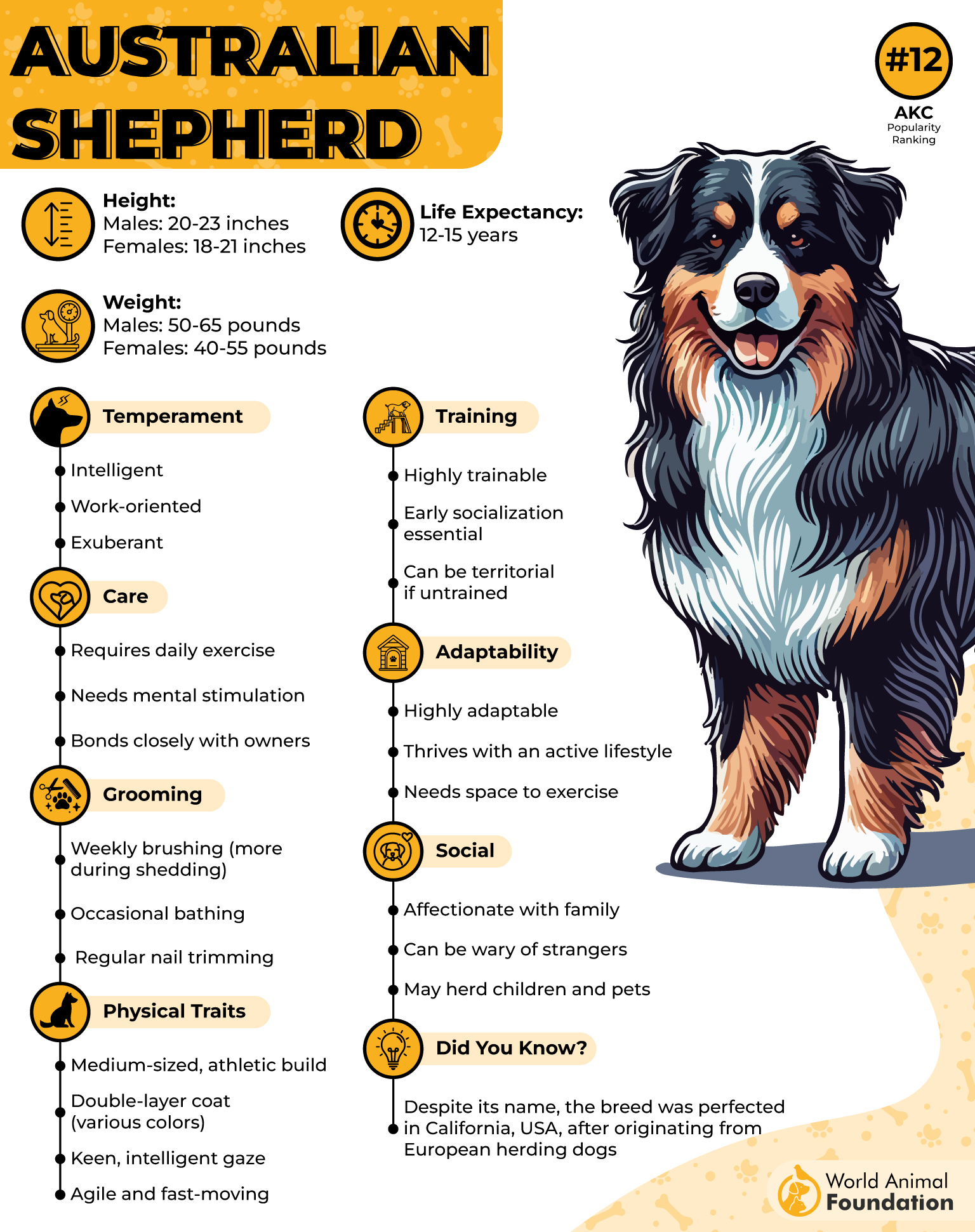In the world of canines, some breeds stand out for their vocal prowess, resonating with barks that demand attention. Whether alerting their humans to visitors or simply expressing their exuberance, these dogs possess an undeniable vocal presence. In this insightful exploration, we delve into the top 7 dog breeds renowned for having the loudest barks. From the protective German Shepherd to the energetic Beagle, these breeds are not just heard but felt, making them impossible to ignore. Understanding these vocal canine companions can help in making informed decisions for those considering adopting a dog with a bark that truly echoes.
Ever wondered which dogs have the loudest, most thunderous barks? Some breeds don’t just bark—they practically shake the walls! Whether they were bred for guarding, herding, or hunting, these vocal powerhouses have an ear-splitting bark that can stop intruders in their tracks (or maybe just wake up the whole neighborhood).
But what makes a dog’s bark so loud? It’s not just about size—some smaller breeds can pack a serious sonic punch, too! A deep chest, strong vocal cords, and an instinct to alert their owners all play a role in creating that booming bark. If you’re looking for a quiet, low-key pup, these dogs might not be your best match.
However, if you love a fearless protector or a lively companion who always has something to say, you’ll want to know which breeds top the list. Get ready to meet the ultimate canine alarm systems!
Dog Breeds with the Loudest Bark
1. German Shepherd
If you’ve ever heard a German Shepherd bark, you know it’s no ordinary woof—it’s a deep, commanding boom that demands attention. These intelligent and fearless dogs were originally bred for herding, but their protective instincts and powerful vocal cords make them exceptional guard dogs.
The mix of their strong lungs, deep chest, and natural alertness is what makes their bark so loud. They’re always on high alert, ready to warn their owners of any unusual activity. Whether it’s a stranger at the door or a rustling bush, their instinct kicks in, and they let out a bark that can send chills down your spine.
But don’t mistake their loud bark for aggression—these dogs are incredibly loyal and loving to their families. They’re known for their deep bond with their owners and will do anything to protect them. Their bark isn’t just about volume; it carries a strong sense of purpose.
Training plays a huge role in managing their barking. German Shepherds are highly trainable, and with proper guidance, they learn when to use their voice wisely. Without training, though, they can become overly vocal.
German Shepherds are known for their incredible work ethic. That’s why they excel in police and military roles, using their voice not just for barking but also for commands and communication. Their ability to follow complex instructions while still being highly vocal sets them apart.
Quick Fact: A German Shepherd’s bark can reach up to 106 decibels—that’s as loud as a chainsaw!
2. Rottweiler
This breed’s bark is not just loud—it’s a deep, chest-rumbling boom that can make even the toughest intruder hesitate. These muscular powerhouses were developed to drive cattle and guard property, which explains their instinct to be protective and vocal when needed.
A Rottweiler barks with purpose. Whether they sense a stranger approaching or hear an unfamiliar sound, their warning bark is low, intense, and impossible to ignore. It’s like a built-in security system, but with teeth!
Despite their tough exterior and intimidating bark, Rottweilers are incredibly affectionate with their families. Around their loved ones, they’re big softies, but the moment they sense a threat, that powerful bark kicks in.
While they naturally bark when necessary, an untrained Rottweiler might use their voice excessively. Proper training and socialization teach them when barking is appropriate and when silence is golden. After all, no one wants a Rottie barking at the wind!
These strong dogs don’t bark all the time, despite their ability to be so loud. Because they’re not mindless barkers. They assess situations carefully before making noise. When a Rottweiler barks, it’s usually for a reason, not just because they feel like it.
3. Scottish Terrier
Who says only big dogs have loud barks? The Scottish Terrier, or “Scottie,” may be small in size, but its bark is anything but tiny. These feisty little dogs have a surprisingly deep, sharp, and forceful bark that carries across great distances.
Their strong prey drive makes them highly alert, and they don’t hesitate to sound the alarm when they sense movement or unfamiliar sounds. A Scottie doesn’t just bark—it announces!
The reason behind their piercing bark is their compact but muscular build. Scottie’s voice is sharp and cutting, designed to grab attention instantly.
Scotties have an innate sense of confidence, says WebMD. They may be small, but they carry themselves like royalty, and their powerful voice reinforces their fearless attitude. Training can help manage their barking, but you can’t take the voice out of a Scottie completely.
Their alert and protective nature make them excellent watchdogs, and they take their job seriously. If you live in an apartment, expect some noise—Scotties aren’t known for keeping quiet when they feel the need to speak up.
4. Alaskan Malamute
Malamutes have a wide range of vocal expressions. They bark, howl, and even “talk” in a series of deep, rumbling sounds. This comes from their history as Arctic sled dogs, where they needed to communicate effectively with their pack and human handlers. Their unique vocalization is full of personality.
Malamutes are large, muscular dogs with pointy ears that are built for endurance, and their bark carries that same strength. When they let out a warning bark, it resonates like an echo through the mountains—or your neighborhood!
Malamutes are highly social and love being part of a pack, but they don’t tolerate isolation well. If left alone for too long, their barks and howls can become excessive. They don’t just bark for fun; they bark because they need interaction. A lonely Malamute is a loud Malamute.
Their barking habits are closely tied to their protective nature. While they’re not typically aggressive, they will bark if they sense something unusual in their territory. Their bark is a warning system that tells strangers, “I see you, and I’m watching!”
Malamutes sound different from other large dogs because of their ancestry. Descended from wolves, they have retained a more expressive and varied vocal range. Malamutes use their voices to “converse” with their owners.
5. Bloodhound
These legendary scent trackers aren’t just famous for their powerful noses—they also have one of the most distinctive and thunderous barks in the dog world. Their booming voice can carry for miles, making sure no one ignores them when they’ve got something to say.
Bloodhounds were bred for trailing scents over long distances, and their bark plays a key role in their work. When they catch an interesting scent, they announce it with long, deep, baying barks that let their handlers know they’re on to something.
Bloodhounds have a deep and drawn-out bay that sounds more like a howl mixed with a bellow. It’s not just about volume—it’s about depth and duration. Once they start vocalizing, their calls can last for several seconds at a time, echoing through the air like a siren.
According to PDSA, these dogs aren’t the type to bark randomly. They’re selective about using their voice, often saving their powerful bay for moments when they’re excited, locked onto a scent, or trying to get your attention. But when they do decide to speak, you’ll hear them—so will the neighbors!
Despite their serious-sounding bark, Bloodhounds are incredibly gentle and affectionate dogs. They may look droopy and serious, but they have a goofy, lovable personality. They’re not aggressive barkers, but they do love to “talk,” especially when they want attention or are feeling playful.
6. Great Dane
Great Dane sounds like a lion had a dog’s bark. These towering giants aren’t frequent barkers, but when they do speak up, their deep, thunderous bark is impossible to ignore. It’s so powerful that it can send vibrations through the floor—no exaggeration!
Unlike small, yappy dogs that bark at every little thing, Great Danes are more strategic with their voice. They don’t waste energy barking aimlessly. Instead, they bark to make a statement—whether it’s alerting you to a visitor, expressing excitement, or demanding attention.
The bark of this breed feels so commanding. It’s because of their powerful chest and deep vocal cords. A Dane practically roars. When they stand tall and let out a warning bark, it’s enough to make even the bravest intruder think twice!
Despite their imposing bark, Great Danes are often called “gentle giants,” as per Hill’s Pet. They are affectionate, loyal, and great family dogs. However, their protective instincts mean that when they sense something unusual, their bark becomes an earth-shaking alarm that no one can ignore.
Because their bark is so powerful, training is essential. Without proper guidance, a Dane might decide that barking at every unfamiliar noise is necessary, which isn’t ideal in a suburban home. Teaching them when to use their voice can save you (and your neighbors) from unexpected noise explosions.
7. Australian Shepherd
Australian Shepherds were bred as herding dogs, and their barking habits reflect that working background. Their bark is not as deep as a Great Dane’s or as booming as a Bloodhound’s, but it’s rapid, high-energy, and impossible to ignore. It’s the kind of bark designed to control livestock.
Aussies use their bark to keep things in order, whether that means rounding up sheep, warning of an unfamiliar presence, or even “herding” their owners. If you’re walking too slowly, don’t be surprised if your Aussie barks at you to pick up the pace!
Another reason for their frequent barking is their intelligence. These dogs are problem solvers, always thinking, and always observing. When they see something interesting—or something out of place—they’re going to bark about it. It’s their way of keeping everything under control, even if nothing is actually wrong.
With an Aussie, you might have a conversation. They don’t just bark—they “talk” with different sounds, from excited yips to playful growls. Their vocal range is impressive, making them one of the most expressive breeds. They love interacting and will happily “chat” with their owners if encouraged.
Despite their vocal tendencies, Australian Shepherds are loving, loyal, and fantastic companions. Their bark may be loud, but it comes from a place of enthusiasm and devotion. They’re not just noisy for no reason—they genuinely want to be part of every moment.
Conclusion
When it comes to the loudest dog breeds, some dogs take barking to a whole new level. From the booming bark of a Rottweiler to the sharp, talkative breeds like Jack Russell Terriers and Scottish Terriers, these dogs are not just vocal but have deep and booming voices that can quickly alert surrounding people.
Whether it’s herding dogs controlling livestock, guard dogs watching for potential dangers, or the famously talking Husky with its almost musical quality, these devoted companions know how to use their voices effectively. Some, like the Golden Retriever named Charlie, even hold a world record for their very loud bark!
While some boisterous breeds use their voices for protection, others—like Yorkshire Terriers and West Highland White Terriers—bark to express excitement or alert their owners of suspicious movements. Doberman Pinschers, known for their imposing presence, have an intimidating bark that can deter intruders from great distances. Meanwhile, Basset Hounds and English Foxhounds, part of the hound dog group, use their howling to communicate over long distances.
For owners of these vocal dog breeds, it’s worth noting that proper training is essential to prevent excessive barking problems. While these breeds are excellent loyal and devoted companions, ensuring they don’t bark excessively at other dogs, loud noises, or other pets can make life much easier.
In exploring the top seven dog breeds with the loudest bark, we uncover more than just a list of boisterous canines; we delve into breeds whose vocal prowess reflects their protective instincts, intelligence, and vibrant energy. From the assertive German Shepherd to the vocal Beagle, each breed uses its bark to communicate and express unique characteristics. While their loud barks can serve as effective deterrents and alert owners of potential dangers, they also require dedicated training and understanding to ensure harmony within a household. Ultimately, these breeds offer an affectionate, loyal companionship enhanced by their distinctive vocal presence.

